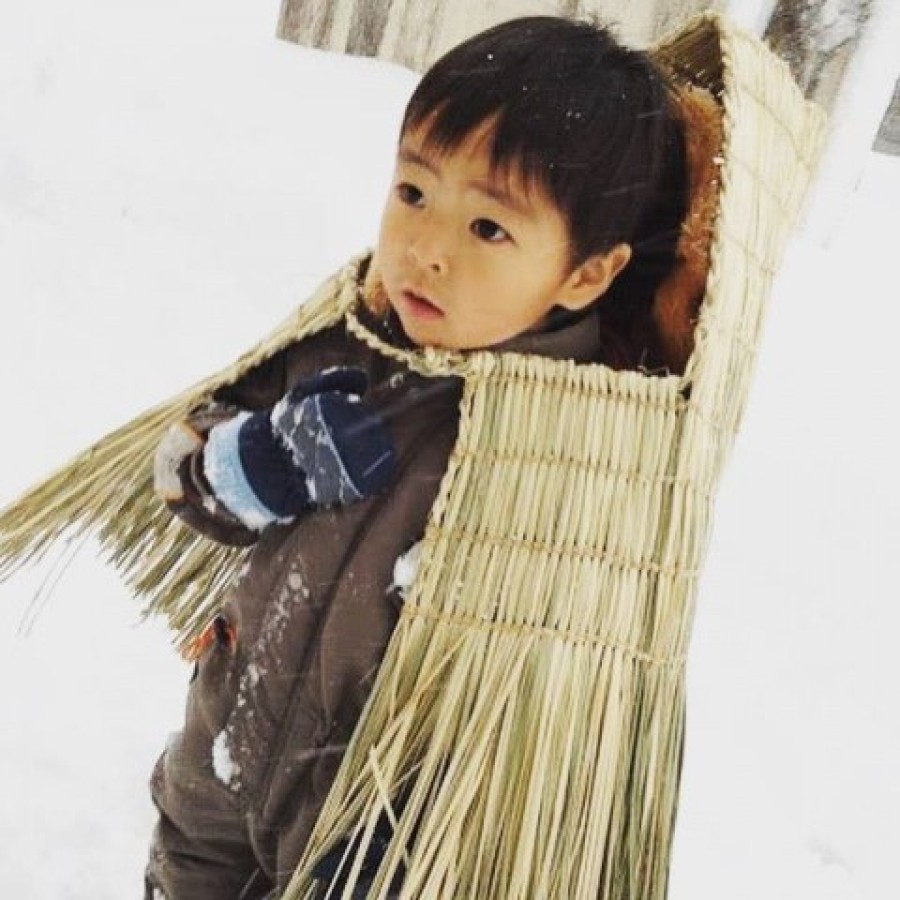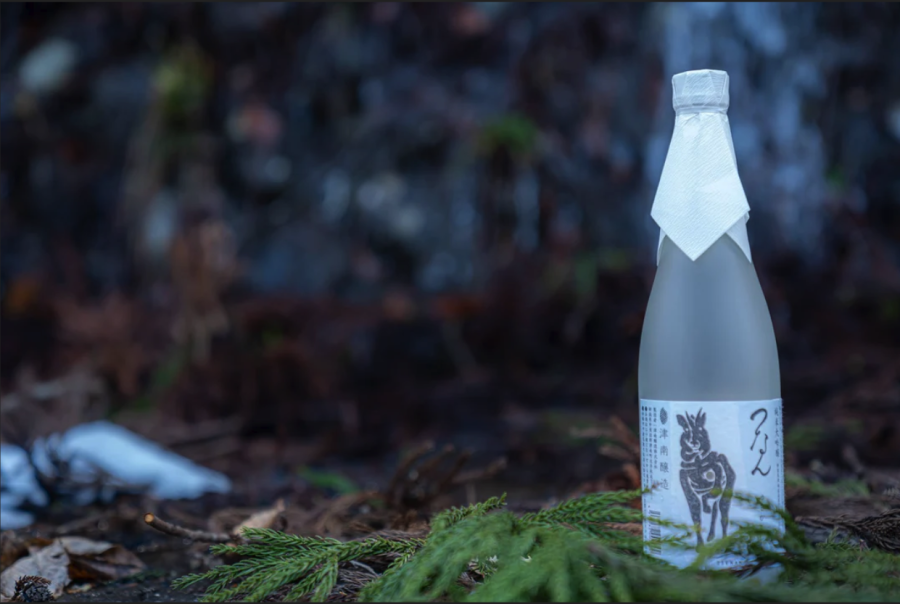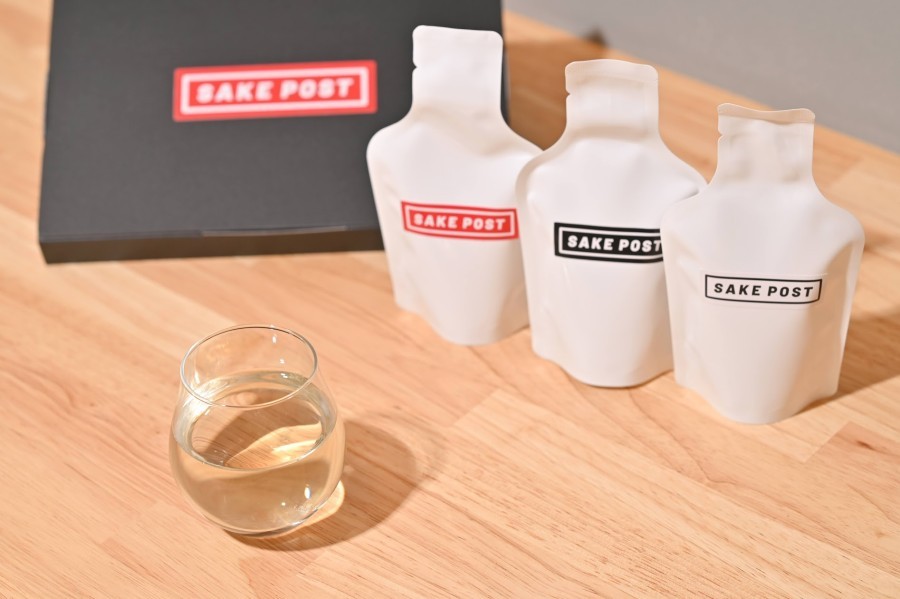At the time of writing this article, the situation has completely come to an end, but there was quite a commotion in the trademark, YouTube and Nico Nico communities over the 'slow farce' (or is it someone else's problem?). I have the impression that it became a conflagration that burned down the applicant as well.
I'm going to try to explain about the "slow farce" (too late), although I have a tremendous feeling of late now that the train I was about to board has already arrived at the last stop, rather than having missed it! Too late, Jojo!) (Too late! Too late, Jojo!!!).
However, there are probably already plenty of explanations of "slow farce" itself out there, so I'm going to change the subject a little and ask "Why can someone else apply for a trademark for 'slow farce' if they have no connection to it at all?" I would like to answer the simple question, "Why is it possible for someone else to apply for a trademark for 'Slow Farce' in the first place?
Slow farce" is the name of a video work format used in Nico Nico Douga, etc. (it seems to have been often used in commentary-type videos), and was recognised as "shared property on the internet" or so-called "everyone's property", without any specific person being the clear rights holder.
Despite this, the video contributor 'Yuzuha' registered the trademark 'Slowly Farce' and announced that 'if you use 'Slowly Farce' in the future, you will have to pay 100,000 yen per year as a licence fee', which caused a huge uproar.
Not only words that are recognised as 'belonging to everyone on the internet (common property)', such as 'slow farce', but also 'words that have become famous as a result of being used by a specific person' (words that everyone thinks 'belong to that person') have regularly been applied for and registered as trademarks by unrelated third parties for a long time. occurred.
Examples include.
'I want to eat barbecued meat with other people's money' (registration 6338400).
"OSAKOHANPANAITTE" (Commercial wish 2018-091373)
'Pien' (Commercial Application 2020-023354).
"PPAP" (Commercial Code 2016-108551 He)
'Buzz Recipe' (Commercial Application 2020-123834).
'Bear Cooking' (Commercial Application 2020-123168) *Application dismissed after registration decision.
'Sono dai' (Commercial Application 2018-024549 et seq.).
'Gico Cat' (Commercial Application 2002-019166).
What do you think? Some of you may remember the public uproar at the time of application and registration, to varying degrees. There are many others, such as the 'Nomaneko problem','Best Licensing Company','Amabie ', etc. If you are interested, please Google it! (Sorry...) (Sorry) For more information on Best Licensing, please read the following article.
The above words are likely to be recognised as 'belonging to someone in particular' or 'belonging to everyone on the internet', but all of them were filed and registered by completely unrelated others.
The following trademarks have also been registered, albeit less publicly known.
'Door Anywhere' (registration 5322169).
'Behoimi' (registration 5825756).
'Like a river flowing' (reg. 4530495).
'Rathbos' (registration 6547085).
What do you think? I think the above trade mark may also remind you of a specific work, game or Sachiko Kobayashi, don't you? Incidentally, "Rasbos" is registered by Kao Corporation for "cosmetics, soaps, etc.".
Kao, what the hell is wrong with you?
Anyway, when you find out that these words have been applied for and registered as trademarks by an unrelated third party, your frank impression is : "That's not fair!" I think some people feel that this is not fair. While some trademarks have been rejected by the JPO, others have been registered without any problems. Registered trademarks have exclusive rights, although within the scope of the designated goods and services.
How can they register such a trademark?" The Patent Office needs to do its job (examination) properly" were some of the comments heard during the "slow down" scandal.
The second half of the next article will explain the reasons why these trade marks are registered (or rejected).
advertisement






